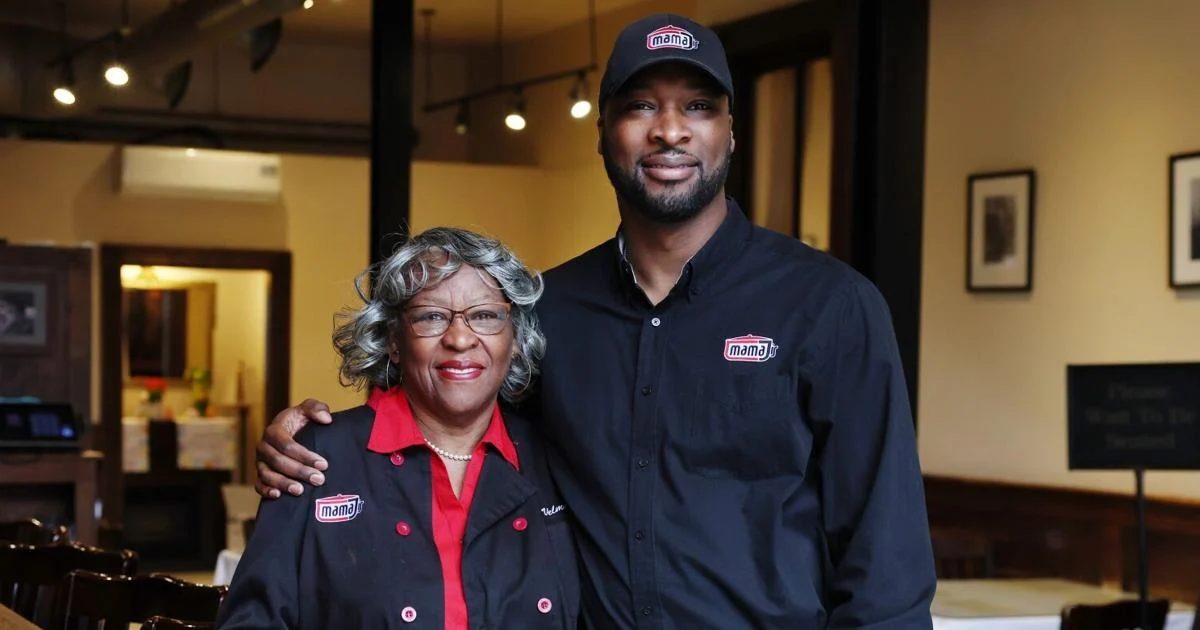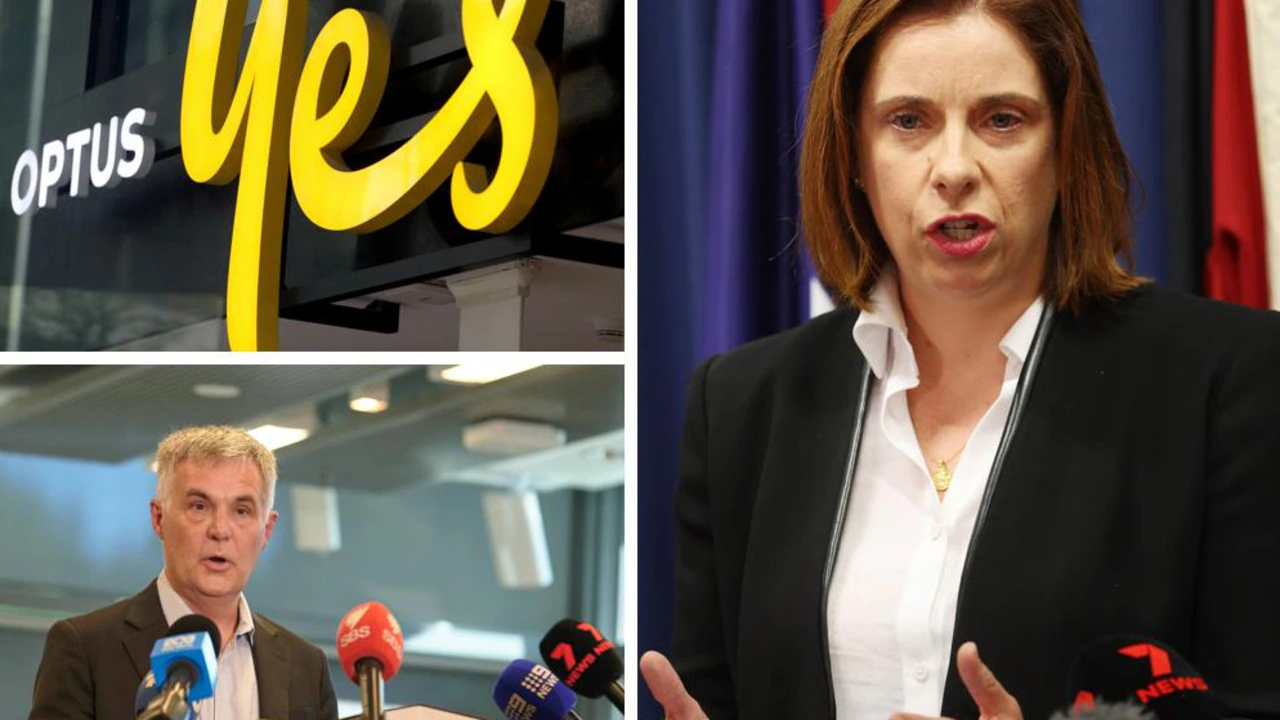
With the fate of federal health insurance subsidies on the line in Congress, Lester Johnson recently looked closely at his health insurance policy and its cost.
Johnson, co-owner of Mama J’s, an acclaimed Richmond restaurant that serves Southern and soul food, quickly realized how much his own family depends on the enhanced premium tax credits that will expire at the end of this year unless Congress acts to extend them.
“My premium would actually double in size if not for these credits,” he said in a Zoom news conference Monday with five Virginia Democrats in Congress.
With the Republican-controlled House of Representatives declining to extend the credits as part of a short-term government funding deal Friday, Johnson said, “I am very worried about what will happen to me, my family and my employees if these tax credits go away.”
Notices will go out next month to more than 415,000 Virginians who buy their health insurance on a state-run exchange to inform them about the cost of their monthly policy premiums when open enrollment begins Nov. 1 for health coverage next year. The Virginia Bureau of Insurance estimates that premiums would increase by an average of 20% under proposals from insurance companies that offer the policies.
The cost would be much higher for small-business and self-employed entrepreneurs, such as Johnson, according to the Virginia Health Benefits Exchange, which runs the state marketplace. They estimate that premiums would rise by as much as $739 a month for someone in Henrico County who earns four times the federal poverty level in income — $62,600 for an individual and $106,600 for a family of three.
Rep. James Walkinshaw, D-11th, said that the enhanced tax credits play a critical role in insuring self-employed entrepreneurs and small-business owners.
“For many of them, it’s the existence of the exchanges and the affordability of the insurance on the exchanges that has allowed them to take that leap to start a business,” Walkinshaw said on the call, sponsored by the “Protect Our Care” advocacy organization.
“If you take away affordable health care on the exchanges, millions of Americans who would like to start their own business will not be able to do it,” he said. “And by the way, some folks who have a small business today … they’re learning that they may not be able to afford to keep that business going.”
The enhanced tax credits, enacted in 2021 in emergency legislation during the COVID-19 pandemic, help Johnson and some of his employees pay for health insurance that he said covers the cost of preventive health care and ensures coverage for people with pre-existing health conditions. It also ensures that he will have insurance to cover medical costs for his 8-year-old daughter, who has chronic asthma that requires treatment.
“It’s not one of those situations where you can not have insurance,” he said.
Before Congress adopted the Affordable Care Act in 2010, “It was hard for small-business owners and self-employed people to get health insurance,” said Johnson, who started his business in Richmond’s Jackson Ward neighborhood with his mother, Velma “Mama J” Johnson, in 2009.
For years, he worked a full-time job as an engineer at Verizon, with employer-based health care, and helped run the restaurant at night. In 2020, he had to begin buying insurance for his family of three. Currently, he pays about $700 a month, but without the subsidies it would cost him $1,400 a month, before any change in insurance rates.
“That’s a significant budget hit,” he said in an interview Monday.
The pending pain for Virginia consumers is a concern for Republicans in politically vulnerable swing districts, such as Rep. Jen Kiggans, R-2nd, and Rep. Rob Wittman, R-1st, whose district includes parts of Chesterfield, Henrico and Hanover counties.
Kiggans has introduced legislation to extend the enhanced tax credits for a year, which would push their expiration beyond the midterm congressional elections next year. Wittman favors addressing the issue as part of an appropriations bill that Congress is expected to adopt by the end of the year. Both voted for the stopgap funding bill that the House passed Friday before it died in the Republican-controlled Senate on the same day.
“They couldn’t even get enough Republicans to vote for it,” said Rep. Jennifer McClellan, D-4th, who represents Richmond and much of the surrounding region.
“A one-year extension is just a gimmick,” McClellan said. “Republicans know they have a problem, but they can’t figure out how to solve it. And the way to solve it is to make these tax credits permanent.”
Rep. Bobby Scott, D-3rd, the dean of Virginia’s congressional delegation, said Kiggans’ proposed extension is a way for Republicans to sidestep the problem in next year’s elections.
“To postpone the pain until after the midterms does not solve the problem,” Scott said.
Kiggans responded in a statement to the Richmond Times-Dispatch: “Virginia families deserve real solutions, not fearmongering. Democrats designed these pandemic-era tax credits to expire, and now they’re trying to shift blame instead of taking responsibility. That’s why I’m working on a temporary, responsible extension—to prevent families from losing coverage while we develop a sustainable, bipartisan plan.”
The battle over health care now focuses on the Senate, where Republicans would need 60 votes to pass the stopgap funding bill by Sept. 30 or face a potential federal government shutdown. Democrats have proposed an alternative, which Republicans rejected last week, that would extend the tax credits permanently and roll back changes to Medicaid in the tax-cut package that President Donald Trump signed July 4 to pay for extending and expanding tax cuts from his first term as president.
Democrats traditionally have opposed government shutdowns, but this year might be different after Trump’s attacks on the federal workforce and spending and the escalating threat to health care access.
McClellan said Trump and congressional Republicans have refused to include Democrats in discussions of the tax-cut package or the short-term funding bill while unilaterally rescinding $5 billion in spending Congress already has approved.
“If there is a government shutdown, Donald Trump and the Republicans own that,” she said.
Republicans are trying to put the blame on Democrats, including Rep. Eugene Vindman, D-7th, who represents a swing district in the Northern Virginia suburbs.
Vindman, who was not on the Zoom call because he’s on a bipartisan congressional trip to Ukraine, is drawing GOP criticism for voting against the stopgap bill on Friday.
“I will support a budget bill that protects Virginians’ health care, invests in our public schools, and lowers costs for hardworking families,” he said in a statement. “That is what the American people overwhelmingly want. I hope I get a chance to vote for that — but it certainly wasn’t on the floor last week.”



